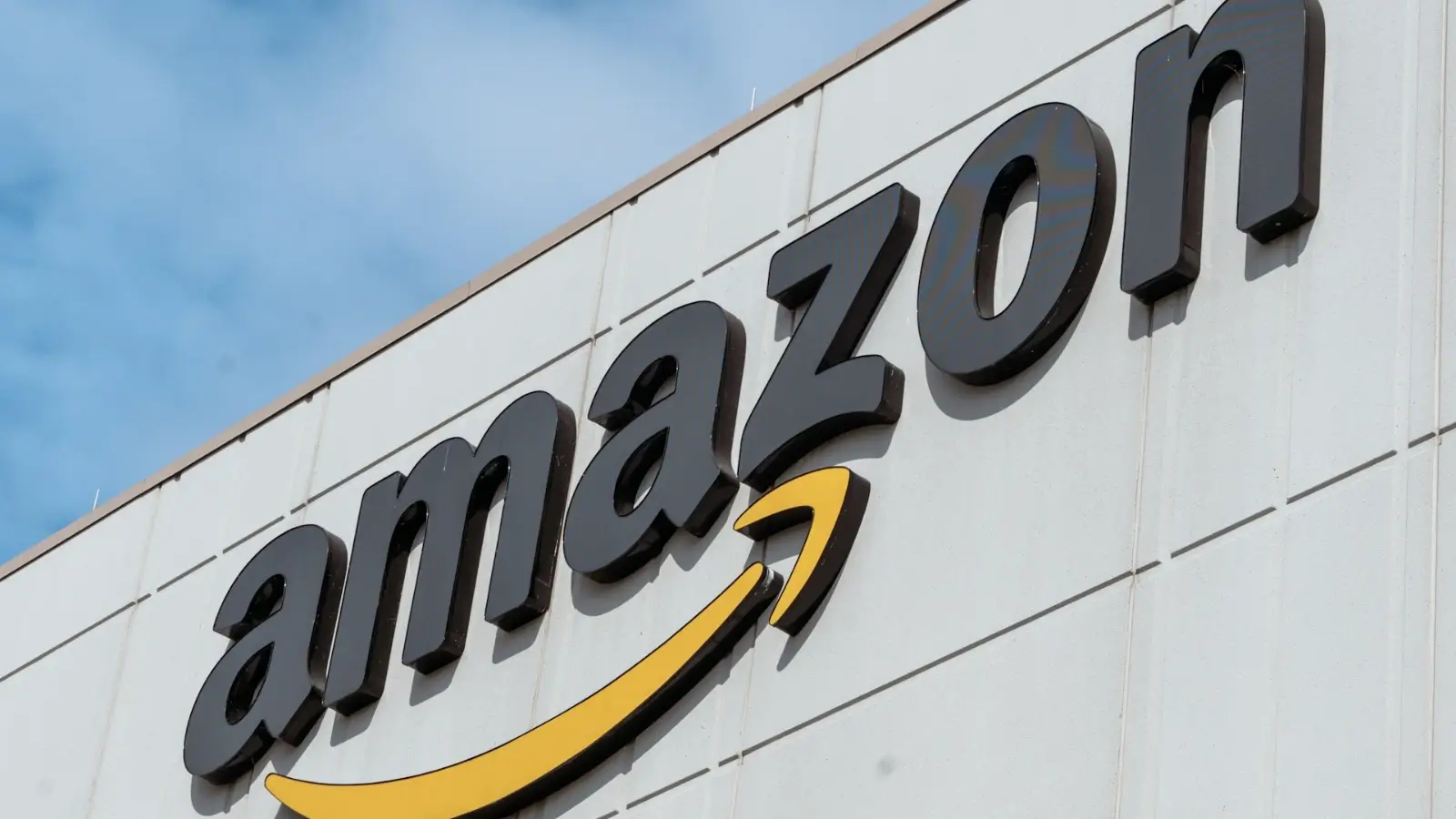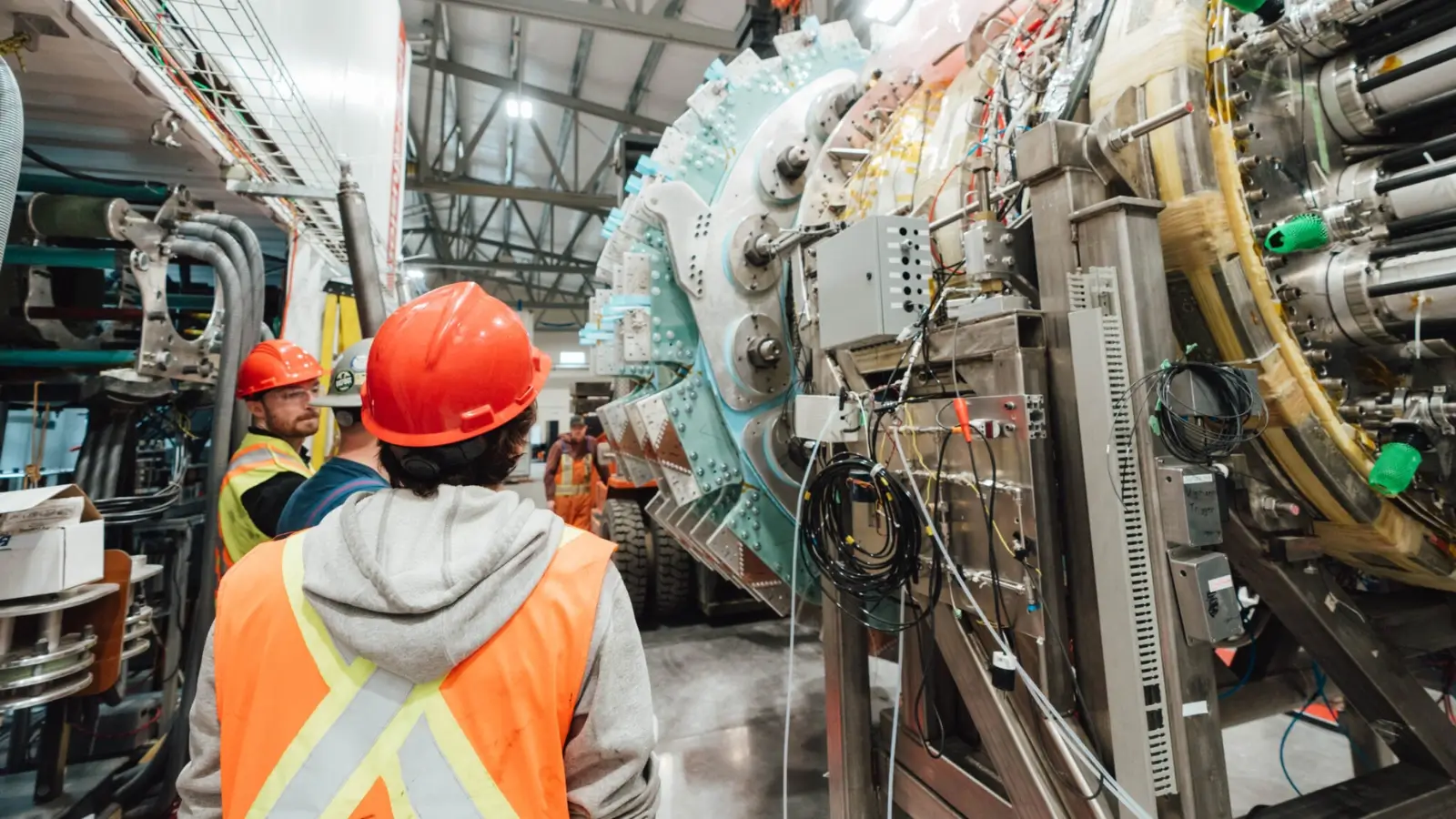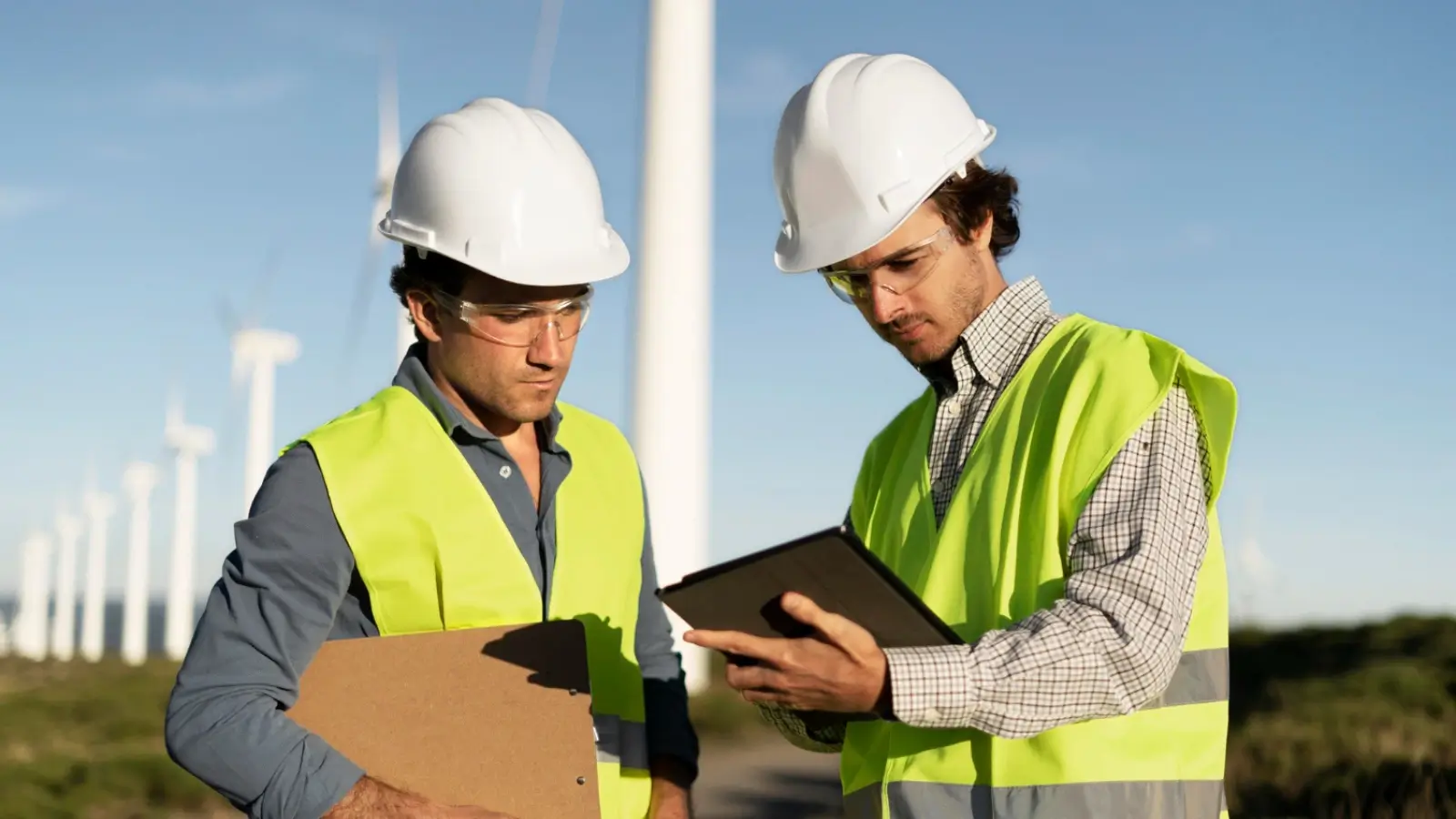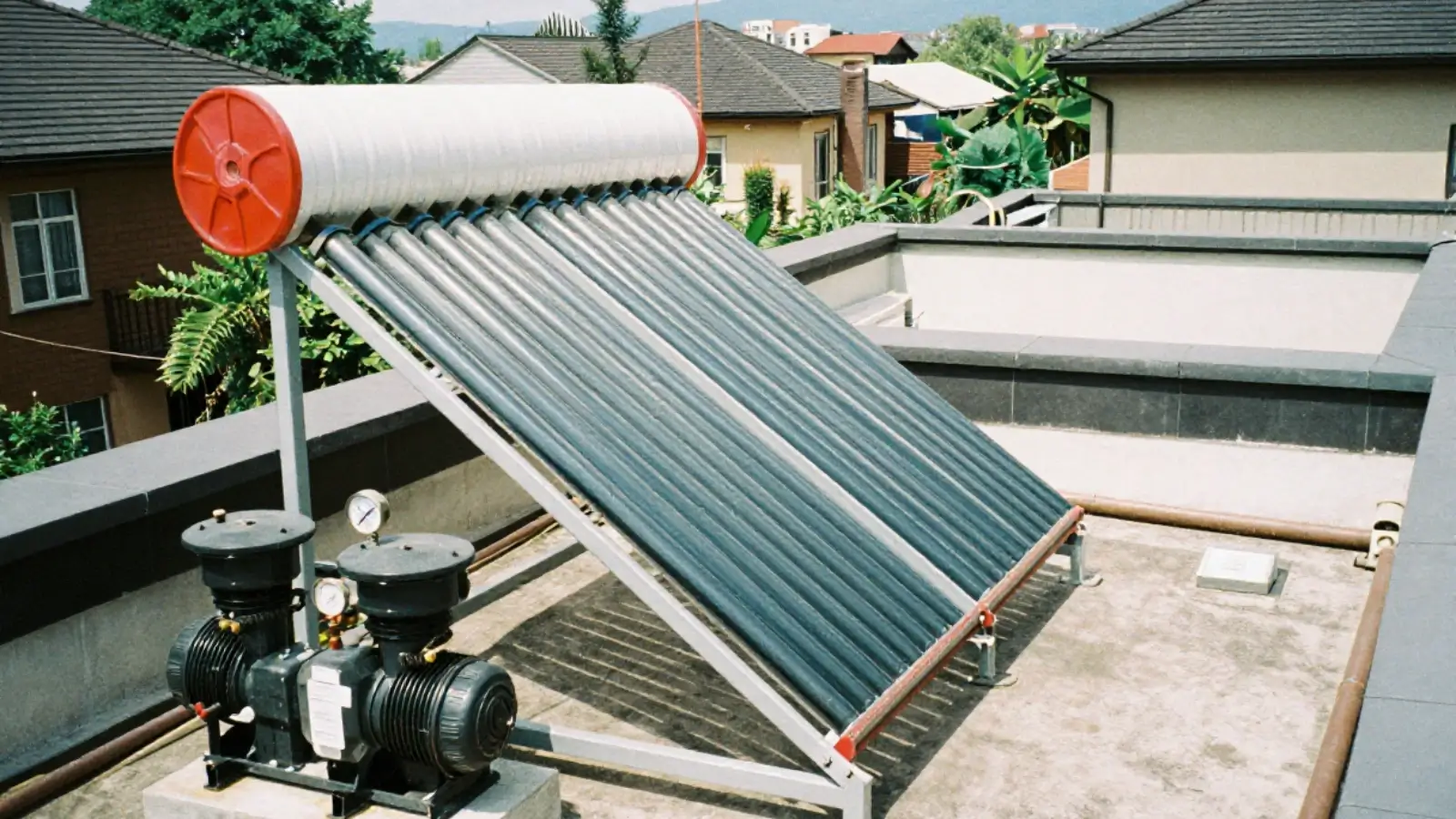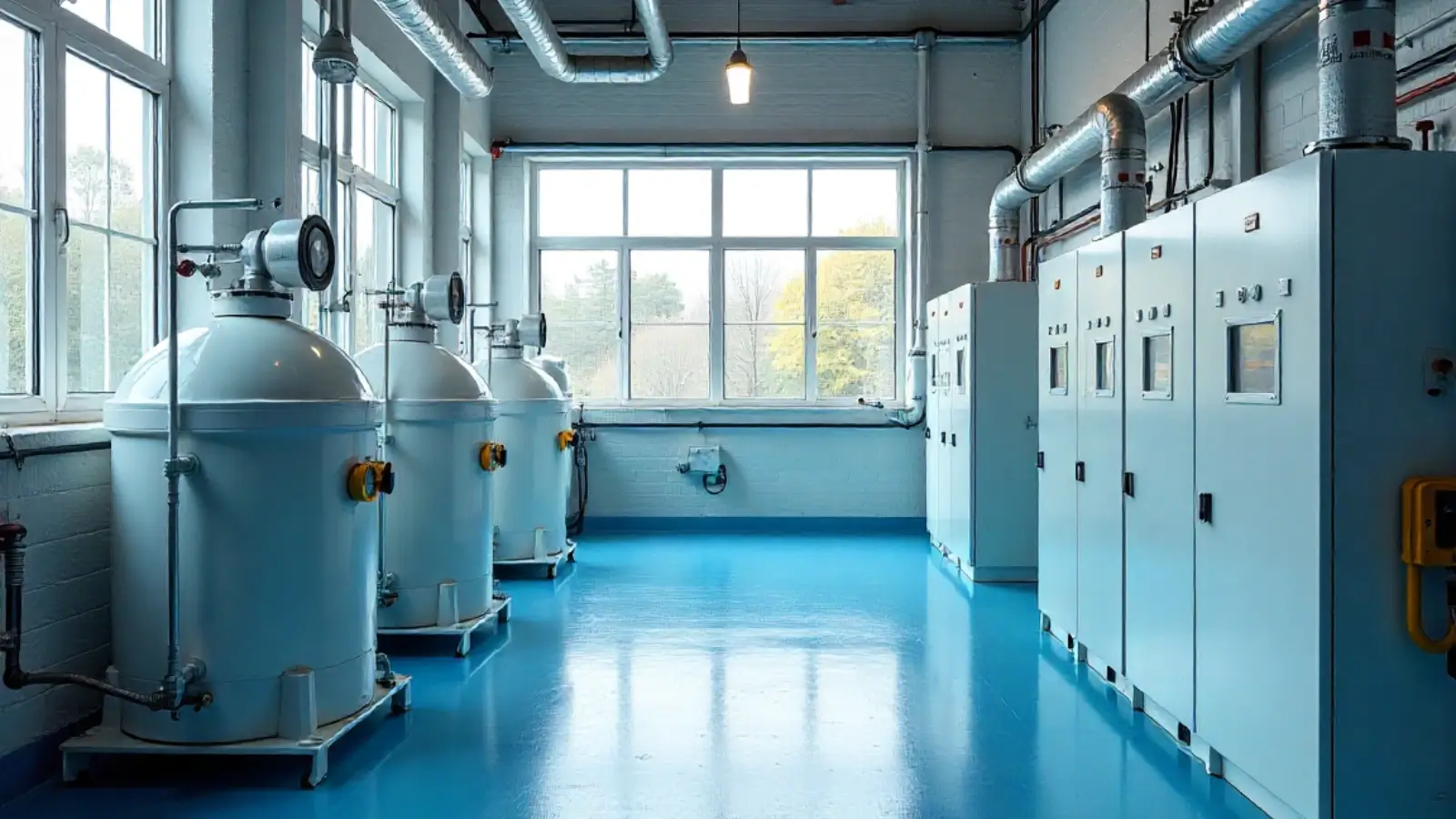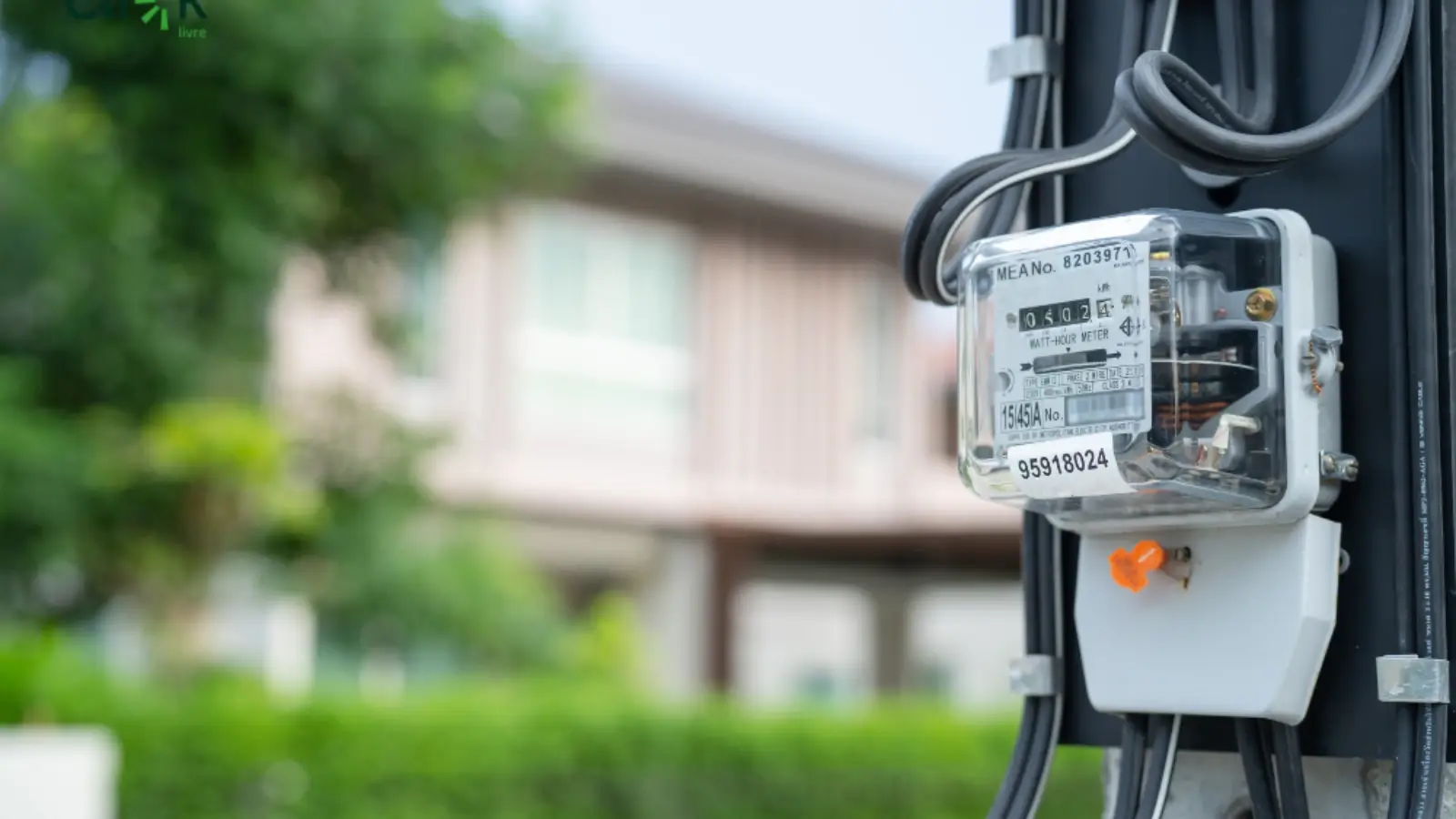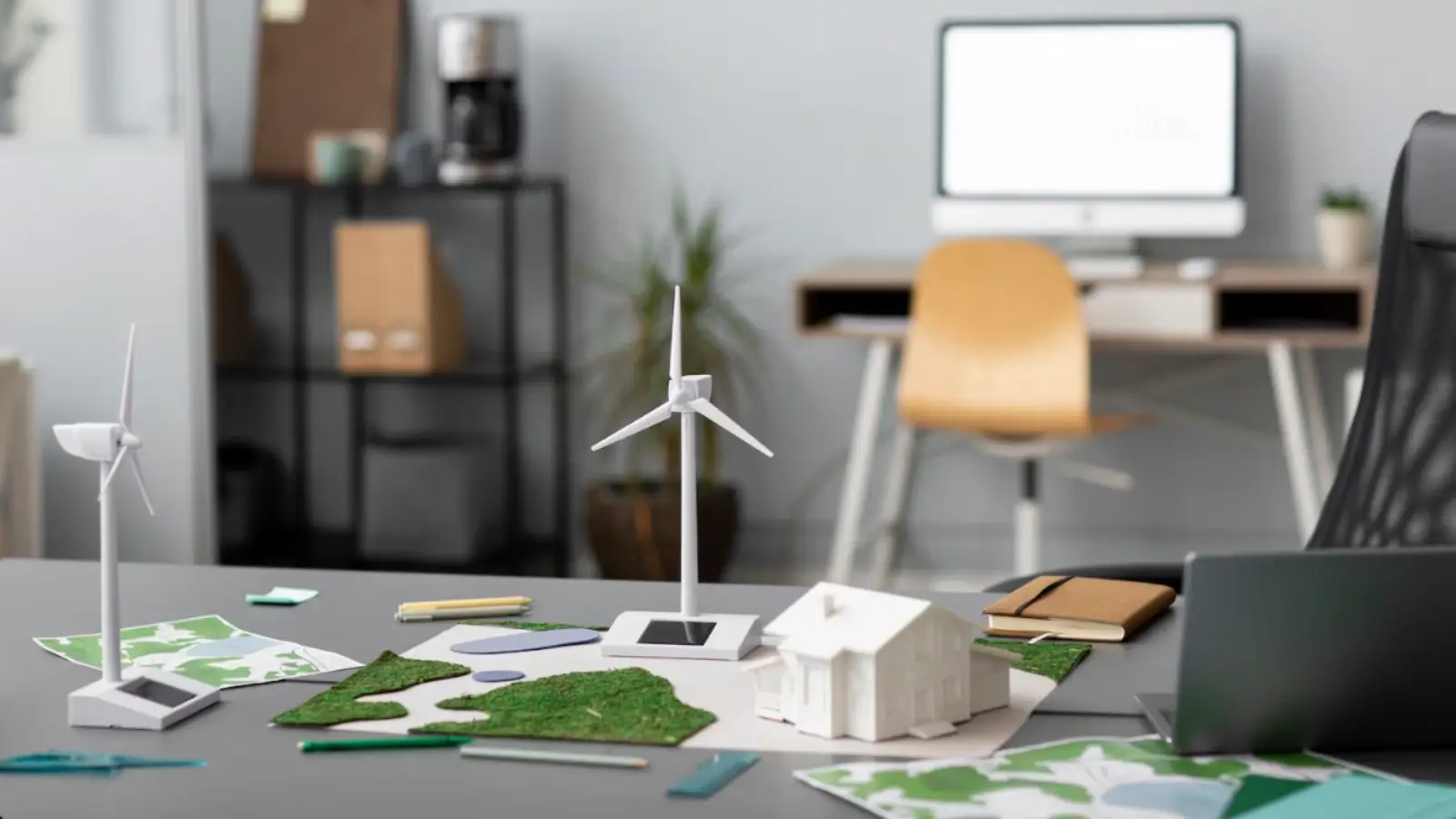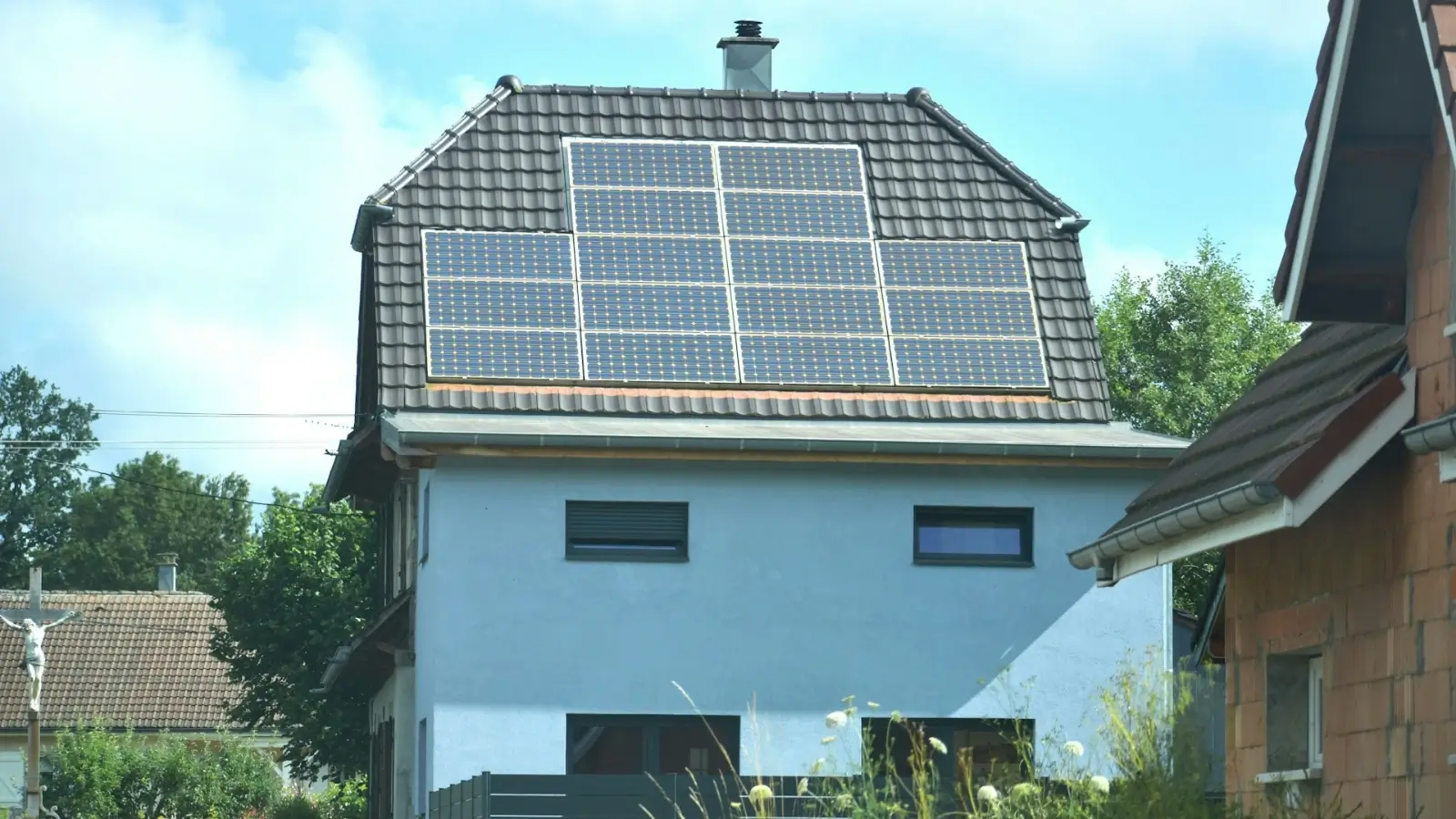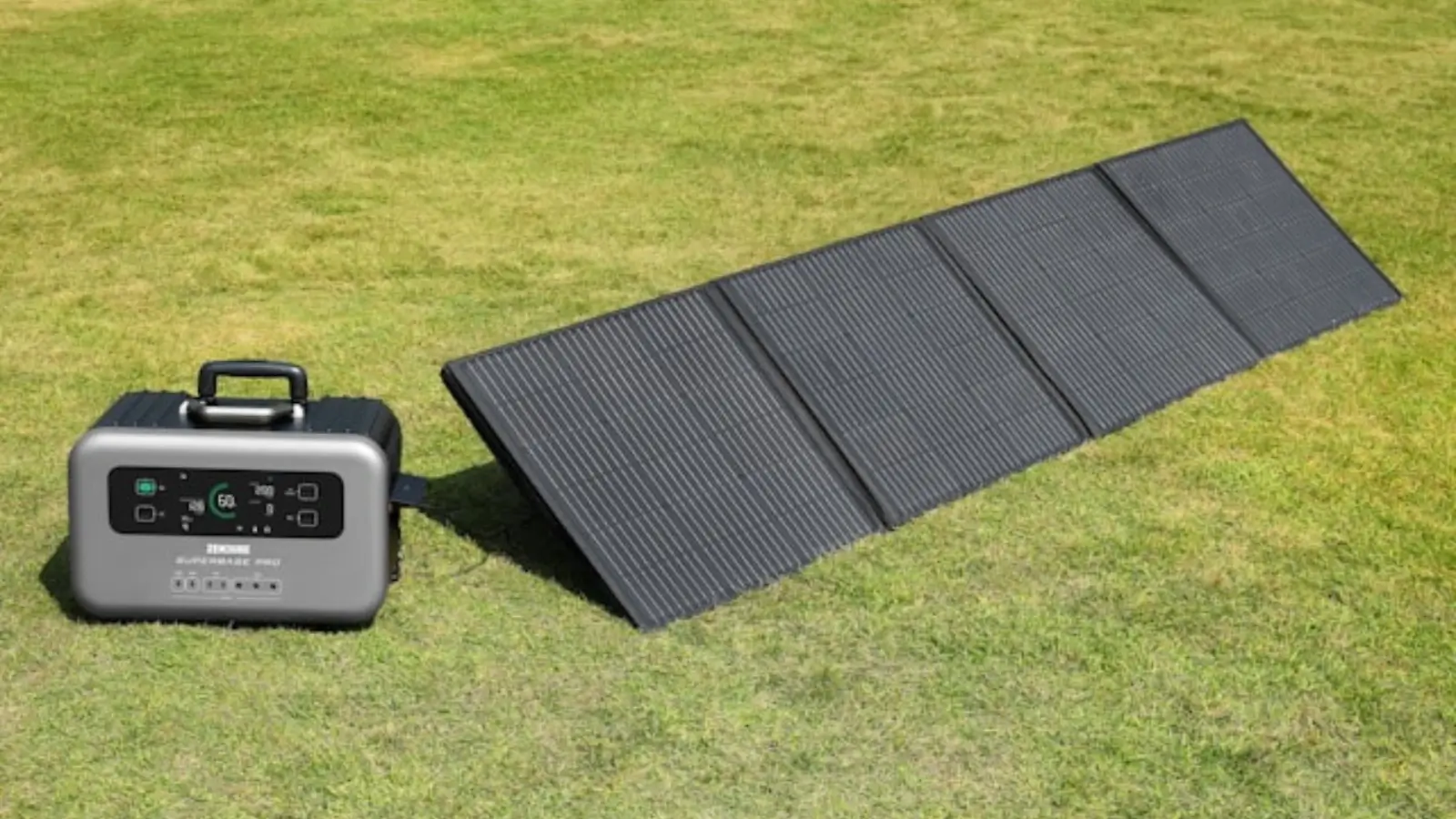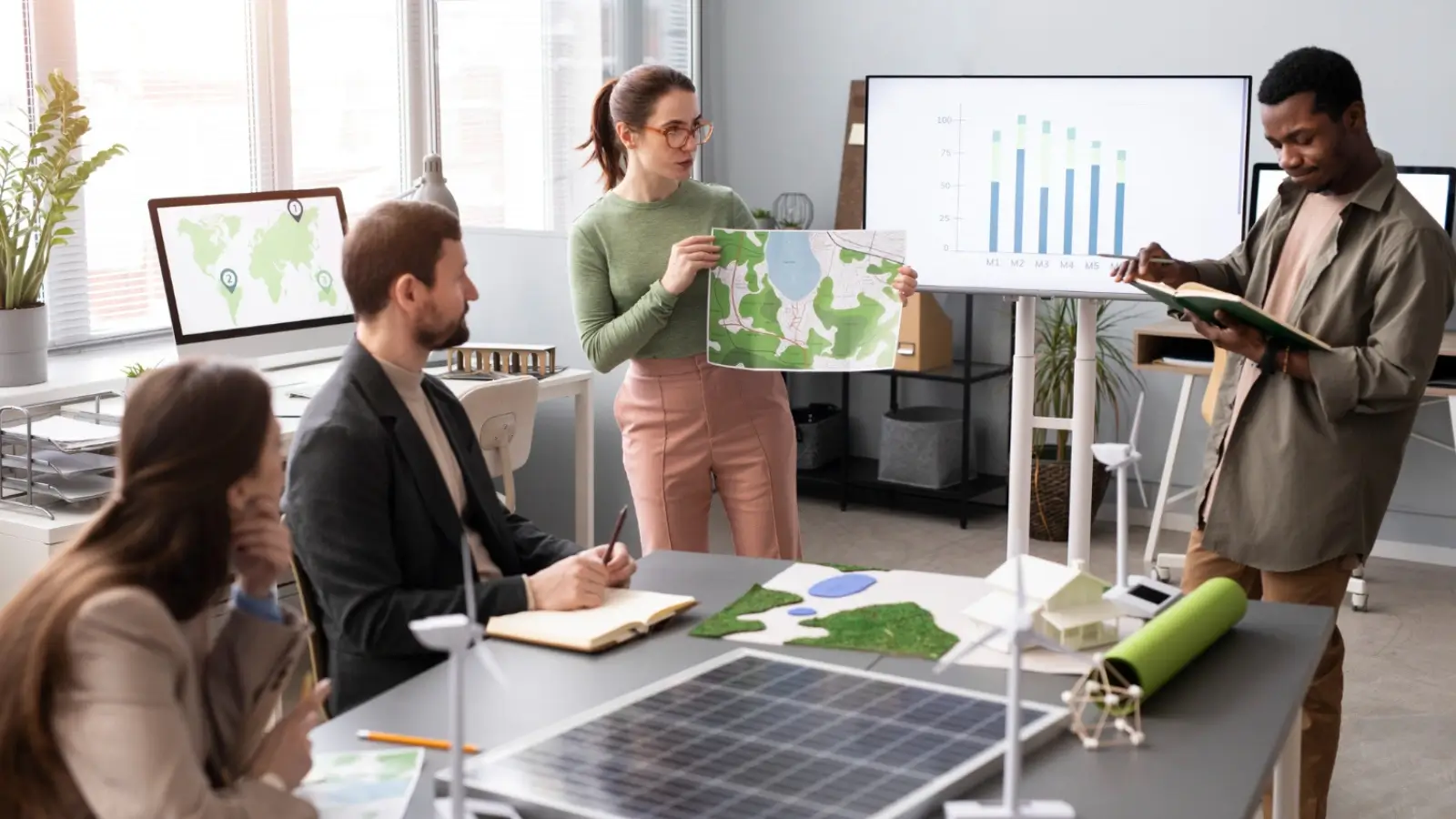Why Forward-Thinking Businesses Are Investing in Renewable Energy Now
— Renewable energy isn’t just good for the planet—it’s a smart, cost-effective strategy for future-ready businesses.
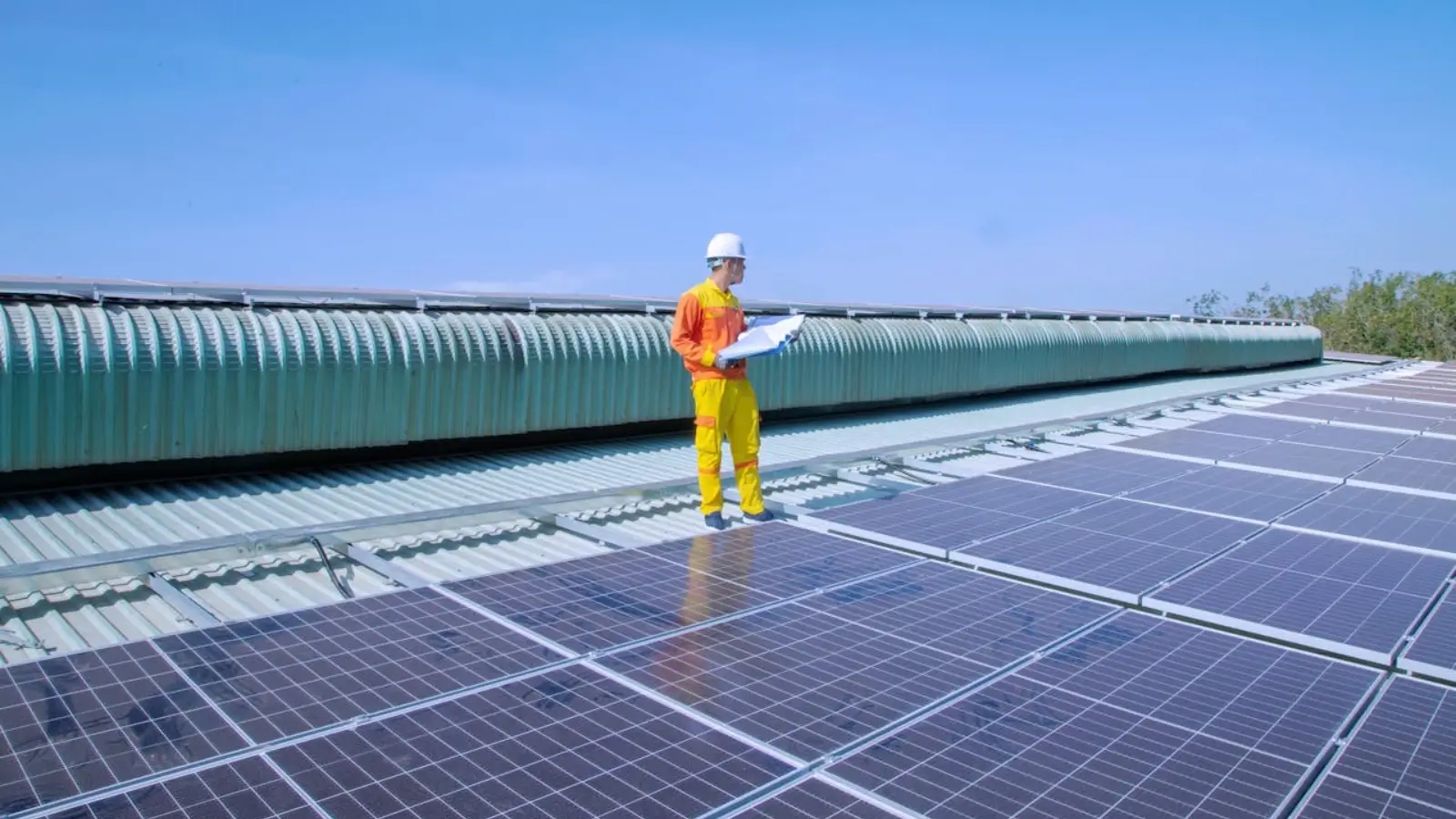
As the effects of climate change become more visible and energy prices continue to rise, businesses are rethinking how they operate. Sustainability is no longer a bonus—it’s becoming a core part of long-term business strategy. Companies that take environmental responsibility seriously are now seen as leaders rather than outliers.
One of the most practical and forward-looking ways to embrace this shift is through renewable energy solutions. These technologies not only help reduce carbon footprints but also improve cost efficiency and energy independence. In this article, we explore why now is the ideal time to invest, how smart energy planning can lead to competitive advantages, and what steps businesses of any size can take to transition into a cleaner, more resilient future.
The Shift Toward Sustainability: Why Timing Matters
Businesses today face a growing demand to align with environmental, social, and governance (ESG) standards. Consumers prefer brands with a clear sustainability mission, and investors are increasingly funding green ventures.
Here’s why timing matters:
- Cost Trends: The price of renewable technologies is dropping rapidly, making it more affordable than ever.
- Policy Support: Governments offer tax breaks, grants, and subsidies to early adopters.
- Reputation Boost: Going green enhances brand value and credibility with customers and partners.
- Risk Reduction: Companies reliant on fossil fuels face price volatility and regulatory risks.
Energy Efficiency Audit
Before embarking on any green project, an in-depth energy efficiency audit identifies operational inefficiencies and pinpoints where wasted energy is costing money. This audit provides a baseline for improvements and helps prioritize investments in renewable infrastructure by revealing which areas will benefit most from upgrades.
How Renewable Energy Companies Are Powering Business Innovation
Working with experienced renewable energy companies allows businesses to access the expertise, technology, and infrastructure needed to transition smoothly. These companies offer tailored packages that range from full installations to system monitoring and maintenance.
Let’s look at a few ways innovation is accelerating:
|
Company Type |
Service Offered |
Ideal For |
|
Solar Energy Companies |
Rooftop or ground-mounted solar installation |
Retail, warehouses, schools |
|
Wind Energy Contractors |
Turbine installation and grid integration |
Rural factories, remote facilities |
|
Microgrid Providers |
Independent power networks with on-site generation |
Hospitals, universities, tech hubs |
Microgrids are a particularly game-changing solution. They allow a business to operate independently from the traditional power grid, increasing reliability during outages and improving energy security. When paired with battery storage, businesses can save excess power generated during the day and use it during peak hours—maximizing both sustainability and savings.
Renewable Energy Solutions That Drive Long-Term Profitability
Switching to renewable energy isn’t just about environmental benefits—it’s also a sound financial decision. With proven technologies and predictable returns, businesses are embracing energy upgrades that deliver long-term profitability. One practical approach is focusing on scalable solutions designed specifically for growth.
Energy Solutions for Small Business
For smaller enterprises, targeted measures can make a significant impact. Consider this list of common and effective solutions:
- Solar Energy System: Produces clean electricity, reduces utility bills, and increases property value.
- Wind Turbines: Efficient in open areas, ideal for businesses in windy regions.
- LED Lighting Systems: Cuts lighting costs by 60-70% while improving workspace quality.
- Smart Thermostats & HVAC Controls: Helps regulate temperature based on occupancy and weather data.
Most businesses break even on their investments within 5–7 years, and the lifespan of most systems (like a solar energy system) extends well beyond 20 years. With financing models like power purchase agreements (PPAs) and leasing, upfront costs can also be minimized—making it more accessible to startups and local businesses.
The Role of Energy Efficiency in Sustainable Business Models
Improving energy efficiency is a crucial prelude to broader renewable energy adoption. By optimizing existing systems, businesses can ensure that every improvement is built on a foundation of smart energy usage. The integration of efficiency measures directly complements green energy systems, maximizing the impact of every dollar spent.
Energy Saving Tips for Commercial Buildings
Consider these actionable energy-saving tips that can yield immediate results in commercial settings:
- Upgrade insulation to reduce heating and cooling loss.
- Use motion-sensor lighting in low-traffic areas.
- Service HVAC systems regularly to maintain peak performance.
- Encourage energy-conscious behavior among employees with signage and reminders.
- Optimize equipment use, like running energy-heavy machines during off-peak hours.
Once these are in place, the next step is smart automation. Smart meters and cloud-based dashboards allow managers to monitor usage in real time, spot inefficiencies, and adjust habits accordingly.
This phase lays the foundation for bigger investments—without waste. When paired with technologies from solar energy companies or wind energy contractors, these practices amplify the return on green energy projects.
The Future Outlook: Why the Time to Act Is Now
Companies that take climate action now position themselves as leaders in a low-carbon economy. Those that wait risk falling behind—not only in reputation, but in profitability.
Key future trends to watch include:
- Artificial intelligence in energy management
- Electric vehicle (EV) integration with facility power systems
- Wider adoption of battery storage for 24/7 power
- Tighter emission regulations are impacting commercial real estate and industry
What makes this moment unique is the intersection of technology, economics, and policy. Businesses can act smart today and gain a long-term edge. Whether it's installing a solar array, working with wind energy contractors, or setting up microgrids, forward-thinking strategies now can lead to compounding benefits later.
Bottom Line
The benefits of solar energy go beyond just environmental impact—they offer practical advantages for businesses looking to cut costs, improve reliability, and enhance their public image. By investing in solar solutions now, companies can take control of their energy future, reduce dependence on the grid, and build a more sustainable brand. With costs dropping and technology improving, solar power has become a smart, future-ready choice for forward-thinking businesses.




